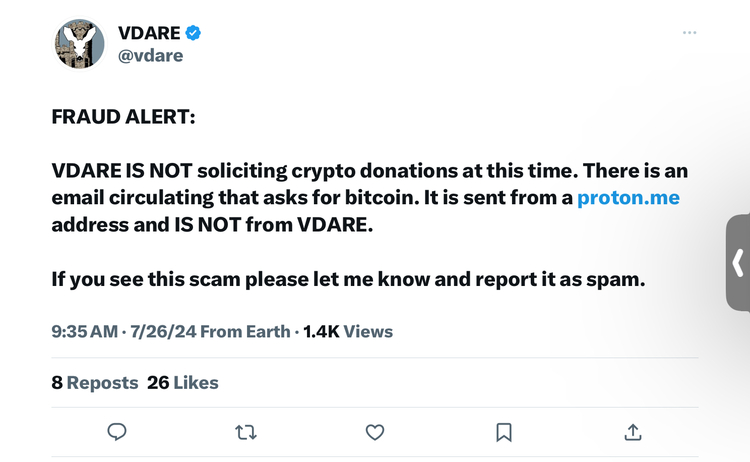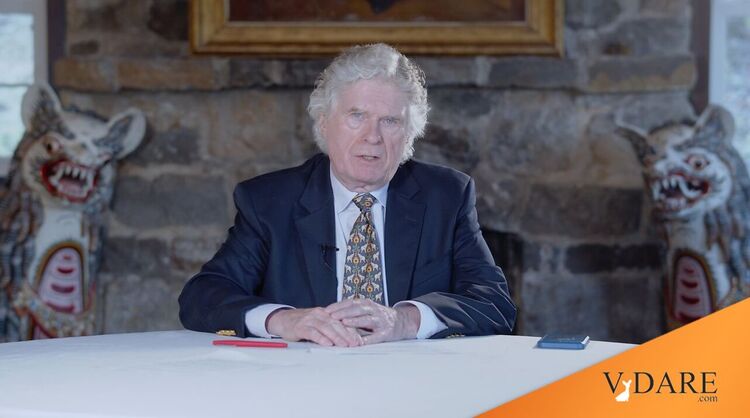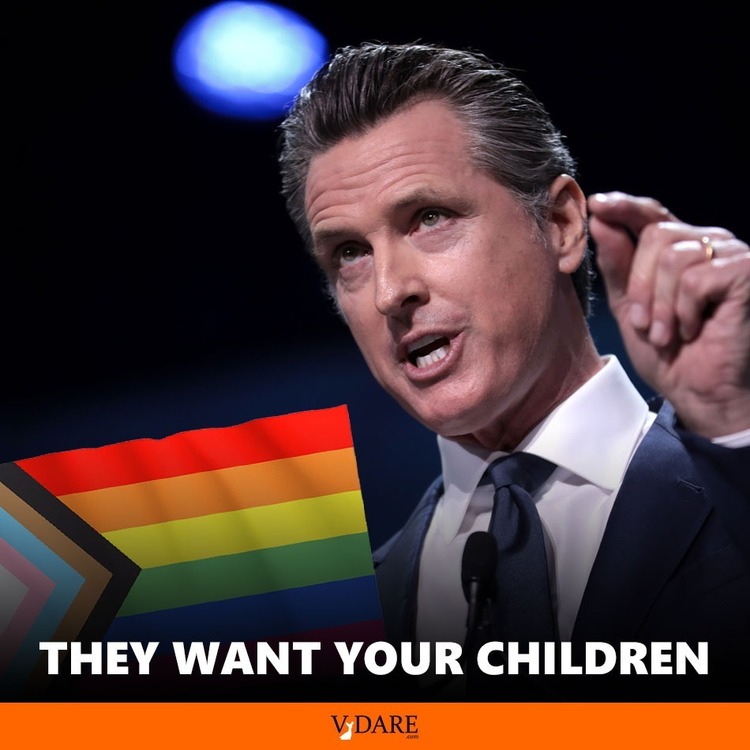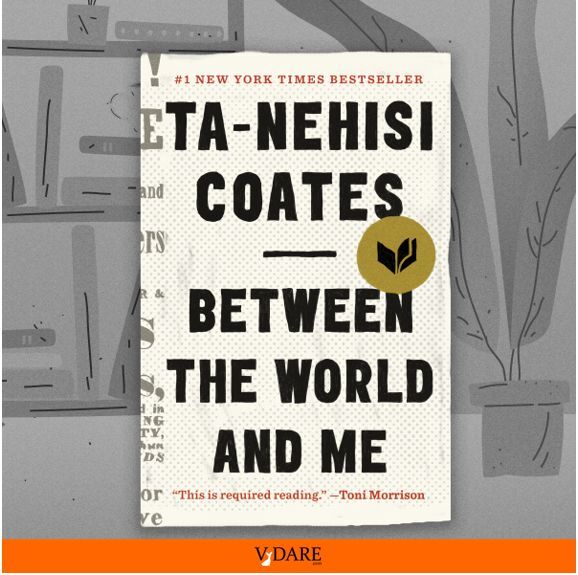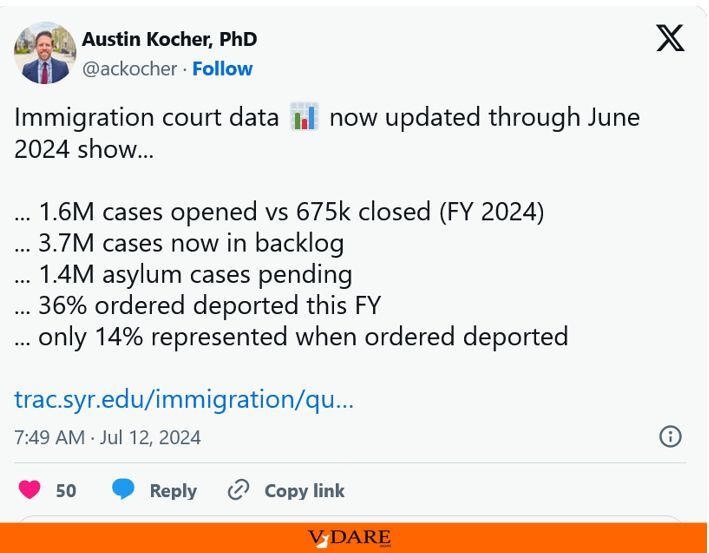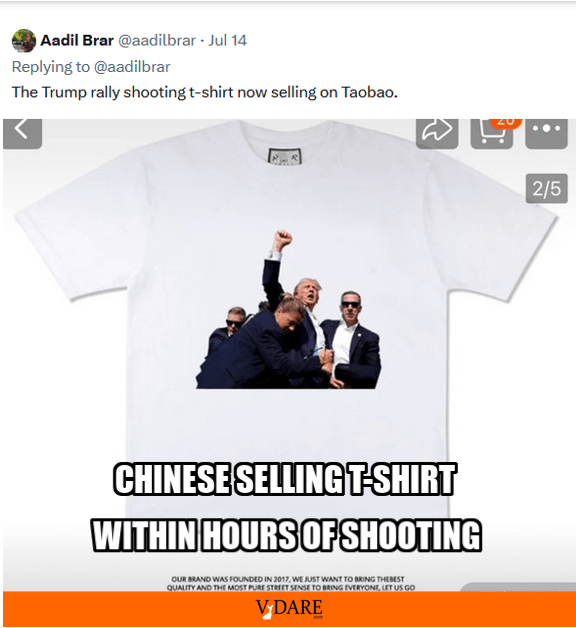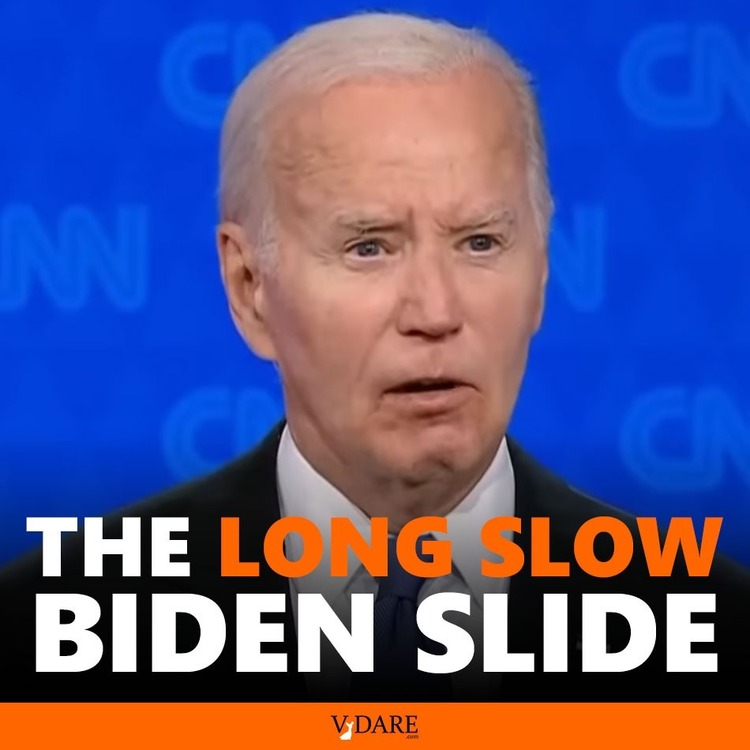Two articles that were top center on NYTimes.com:
Police Silent Amid Loud Protests in MissouriAs you may recall, a few years ago I played a miniscule role in encouraging the mother of an 18-year-old violist who had been shot and killed by a federal Drug Enforcement Agency agent to sue. A judge eventually awarded the parents $3 million. In that case, the government kept the shooter’s name secret for many months and perhaps a year, ostensibly to discourage revenge attacks (presumably by the surviving members of the string section in the victim’s high school orchestra).By JULIE BOSMAN and TIMOTHY WILLIAMS
The department said Tuesday that it had decided not to release the name of the officer involved in the St.Louis-area shooting death of Michael Brown out of concern for his safety.
That act of government secrecy was not treated as national news. In fact, the entire shooting was not national news. It was barely local news in the weeks after it happened.
There’s little demand for stories about cops shooting white teens. It’s a big country and bad stuff happens every day.
Taking On Stereotypes, via ‘Black Twitter’By TANZINA VEGA
The shooting has spurred a social media campaign over negative depictions of young black men in the news media.
394 Comments
When Tyler Atkins heard about the shooting of Michael Brown, 18, an unarmed black teenager in Ferguson, Mo., he posted on Twitter a picture of himself in a tuxedo, with a saxophone around his neck, next to a photograph of himself dressed in a black T-shirt with a blue bandanna tied around his head and his finger pointed at the camera.
Like hundreds of young African-Americans, he placed his pictures under the hashtag #IfTheyGunnedMeDown, protesting Mr. Brown’s killing by a police officer and the way young black men are depicted in the news media. He said Mr. Brown’s identity was distorted and filtered through negative stereotypes, and that the same would have been done to him with the bandanna image if he found himself the victim of a similar tragedy. The first picture was taken after a jazz concert at the High School for the Performing and Visual Arts in Houston, Tex., where Mr. Atkins, a senior, studies music. The other was taken during a recording for a rap video he made with friends for a school math project.
“Had the media gained a hold of this picture, I feel I it would be used to portray that I was in a gang, which is not true at all,” Mr. Atkins, 17, wrote in an email.
The speed with which the shooting of Mr. Brown has resonated on social media has helped propel and transform a local shooting into a national cause, as African-American commenters draw attention to continued incidents of blacks being shot by police and the media portrayals of young black men.
 Here’s the New York Times’ official picture on their permanent page for “Trayvon Martin Case (George Zimmerman):”
Here’s the New York Times’ official picture on their permanent page for “Trayvon Martin Case (George Zimmerman):”For anybody who wishes to be accepted as a respectable participant in the Public Square, there are numerous Bizarro Universe conventions that must be observed:
- The New York Times is not part of “the news media.”
- “The news media” is out to cover up white criminal violence against blacks.
- “The news media” is out to stigmatize blacks.
- The problem of young black males is not that they commit homicide at a rate 27 times greater than the rest of the population (according to an Obama Administration study), but that there is a “stereotype” (obviously fallacious) that they tend to be more dangerous.
- White billionaires like Jimmy Iovine who have gotten rich off encouraging black youths to uphold a thuggish image should be celebrated.
I doubt if all these rules have all that much to do with blacks per se. Instead, they are more like hazing rituals that white people in positions of influence and power impose on other white people aspiring to places in the power structure. They’re a little like fraternity initiations rituals requiring pledges to run across campus covered in nothing but Crisco. Do you want to join the club enough to humiliate yourself?


